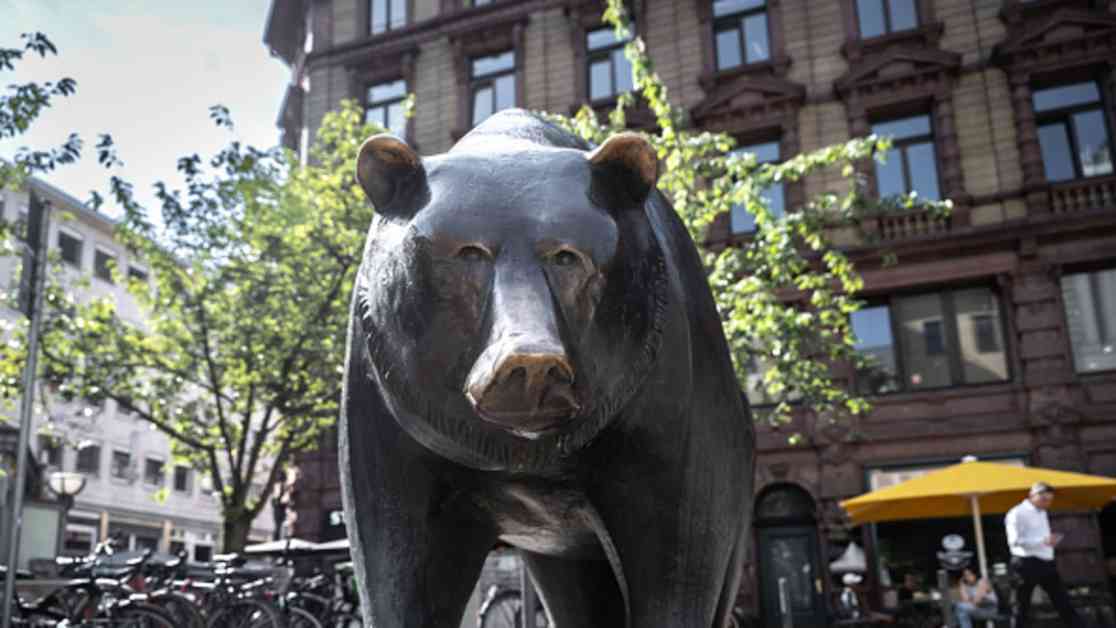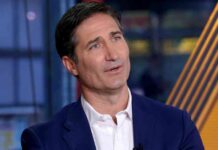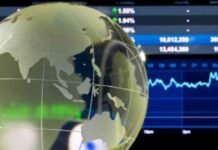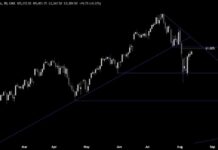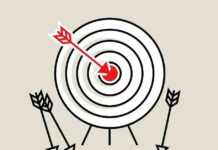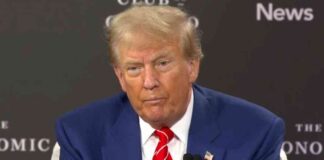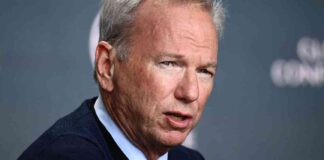The bronze bear sculpture in front of the Frankfurt Stock Exchange building symbolizes falling stock market prices. David Roche, a seasoned investor, predicts a bear market in 2025 due to several factors. He believes that smaller-than-expected rate cuts, a slowing U.S. economy, and an artificial intelligence bubble will contribute to this downturn.
Roche expects the Federal Reserve to resist reducing rates to the market’s desired 3.50%. While the Fed’s median forecast for 2025 is 4.1%, most market participants anticipate rates below 4.1% by September 2025. This discrepancy could impact market performance negatively.
Furthermore, Roche warns that profits may not meet expectations as the economy slows down. He also highlights the AI sector as a potential driver of slower economic growth. According to him, the AI sector has entered a bubble phase, which will likely burst in the next six months. This burst could further exacerbate the economic slowdown.
Despite these warnings, Roche clarifies that his prediction does not account for the outcome of the U.S. Presidential election in November. The recent decision by the Federal Reserve to keep interest rates steady raised concerns following a poor jobs report. This led to a market sell-off, which was compounded by Japan’s interest rate hike.
However, the markets experienced a quick recovery, with the S&P 500 ending the week with minimal losses. Roche anticipates that the Fed will proceed with interest rate cuts of 25 basis points. This could lead to lower profit margins gradually throughout 2025 as the economy adjusts.
In the event of a bear market, Roche believes that the Fed has the capacity to address the situation effectively. He notes that the Fed, consumers, and politicians have a low tolerance for economic pain. This suggests that the Fed may have the flexibility to implement further rate cuts if necessary to mitigate the effects of a bear market.
While the ability of rate cuts to reverse a bear market remains uncertain, Roche believes that it could prevent a catastrophic impact on the global economy. By taking preemptive measures, the Fed may be able to stabilize the market and prevent a widespread economic downturn.
